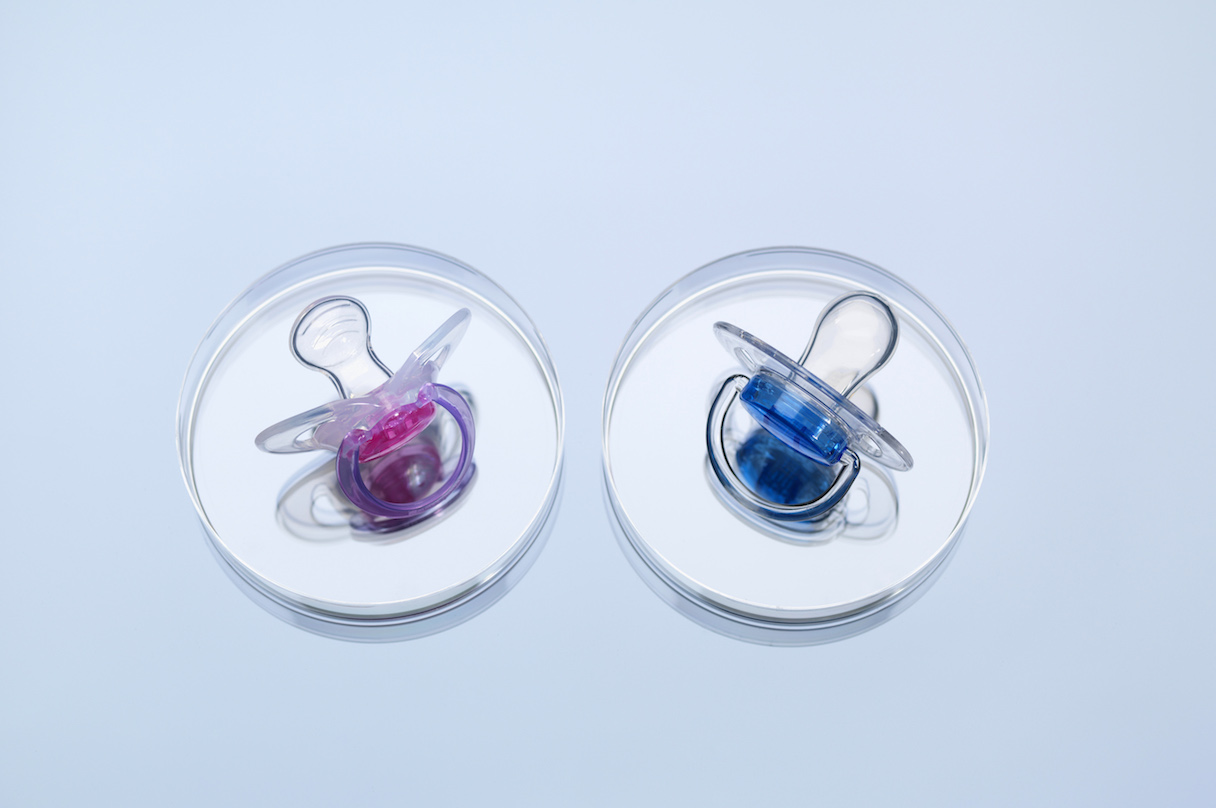How much does egg freezing cost - and what does the process involve?
More and more women are turning to egg freezing to extend their chance of having a baby. Here's everything you need to know about this fertility treatment.


Parenting advice, hot topics, best buys and family finance tips delivered straight to your inbox.
You are now subscribed
Your newsletter sign-up was successful
Advances in fertility options, along with the delay in starting a family, have resulted in women making the choice to freeze their eggs.
Egg freezing is an opportunity for women to increase fertility in the future, by pausing the biological clock from ticking out. With more and more women deciding to delay getting pregnant, it's a treatment on the rise.
"I believe there are a couple of key factors which are motivating more women today to freeze their eggs," says Dr. Victoria Walker, from the internationally leading assisted reproduction centre, Institut Marques.
"We live in a career-driven society, so it is not unusual that many women are considering delaying motherhood in order to focus on their work. I also think that waiting for ‘Mr. Right’ to have a baby is a motivating factor, which is leading more women to freeze their eggs than ever before."
There are three key stages to egg freezing. Here, Dr Walker gives us the lowdown on the process.
1. The ovarian stimulation phase
"During this, patients undergo stimulation of their ovaries through a course of subcutaneous injections. This begins on the second or third day of their menstruation. This medication ensures that multiple eggs are produced during the ovulatory cycle, rather than just the one that would occur naturally. Patients are monitored to see how their follicles are growing, so it’s clear when the eggs have successfully matured and are ready for retrieval. Check-ups are carried out through regular ultrasounds and blood tests."
2. The egg retrieval process
"This takes place at a fertility clinic. Using ultrasound technology, a doctor identifies the patient’s ovaries and then gently guides a catheter through the vaginal wall. Suction is used to draw out the eggs, one by one, which are then placed in test tubes. The entire procedure takes approximately 15 minutes."
Parenting advice, hot topics, best buys and family finance tips delivered straight to your inbox.
3. Freezing and storage
"Immediately after retrieval, the eggs are rinsed, incubated, and prepared for freezing by an expert. ‘Vitrification’ is performed by hardening the eggs quickly, at a low temperature. To achieve this, a large quantity of cellular cryoprotectors are used to treat the eggs to avoid breakages in the cellular membranes.
Following this, the eggs are frozen by being submerged in cold liquid nitrogen, and then stored in a secure environment. When the women decided it's the right time to have a baby, the eggs are defrosted and fertilised. The transfer of the embryos then takes place 2 or 3 days later."

How much does egg freezing cost?
"In the UK, egg freezing costs around £3,500-£4,500 and you’ll also pay an annual fee to store your eggs," says Dr Walker.
When the time comes that you'd like to try for a baby, you’ll need to pay for thawing, fertilisation and transfer of the eggs.
What to consider..
"For anyone thinking about freezing their eggs, it's recommended that freezing takes place by the age of 35," says Dr Walker. 'This is the end of a woman’s prime reproductive years, and so her eggs are usually still of good quality and quantity. The younger the patient is, the better the survival rate and quality of the eggs. This, in turn usually means higher pregnancy rates.' Despite this, the most common age for a woman to freeze her eggs is 38, according to the The Human Fertilisation and Embryology Authority (HEFA).
Unless someone’s fertility may be affected by disease, fertility laws in the UK mean eggs can only be stored for a maximum of 10 years. After then they are destroyed, although the government is calling for this time limit to be ditched to reflect the advances in science and social changes.
Caroline Dinenage, a minister in the Department of Health told the BBC: "I am particularly concerned by the impact of the current law on women's reproductive choices. A time limit can often mean women are faced with the heartbreaking decision to destroy their frozen eggs or feel pressured to have a child before they are ready."
Whether a woman chooses to freeze her eggs or not is a very personal decision. There are many lifestyle advantages to delaying becoming mum, and egg freezing can ease the pressure of rushing into motherhood.
"However, it is important to emphasise that egg freezing does not guarantee you'll be able to conceive, and undergoing IVF at an older age does reduce the chances of pregnancy success," says Dr Walker.
Related links:
- How to increase fertility
- I want a baby and they don’t: what to do when your partner’s not ready
- Ovulation calculator: When will I ovulate?
- Early signs of pregnancy

Senior writer Ali Horsfall has almost 15 years of experience as a journalist and has written for national print titles and women’s lifestyle brands including Woman & Home, Woman, Woman's Own, BBC magazines, Mothercare, Grazia and The Independent.